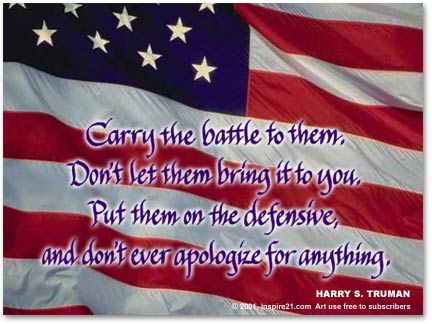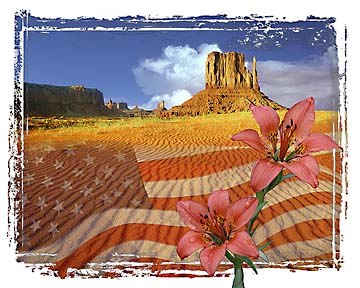
It must have been about half past two in the afternoon that his preparations for the final blow were made. A part of a brigade was sweeping forward toward the position we occupied. Some troops in the last camp were fighting with platoon front—an old formation adapted to defile firing. The troops were in column, platoon front, all moving forward; the first platoon would fire, then break in the center, counter-march to the rear, and expose the second platoon, which went through the same movement; then third, then fourth, all the time the whole body of men moving forward. It was a beautiful movement, and at school under Gilman's old tactics I had drilled in the same, and it deeply interested me. During the whole war I never saw it repeated.
General Johnston was near the tents with his back turned, looking to the rear and over and beyond us. The smoke was dense, the din cataclysmal. Looking toward us, the general pointed to a nearby depression in the ground—no word was spoken or could be heard. Captain Gaines understood it as an order to uncover the front of a regiment of infantry that was approaching the general in line of battle. I was very near to its right flank as it passed us, and knowing of the fierce grapple that was awaiting it, I looked into the faces of the men, who were trying to keep in regular order as they advanced over the rough uneven ground. They were pale but steady, seemingly intent on every order shouted by regimental or company officers.

In this water-painting, Confederates attack the Union positions at Shiloh
General Johnston still sat his horse, calm and immovable, watching them. When they came, say within twenty feet of him, with a slight motion of his hand, as if in salute, he turned his horse and rode slowly in their front, and directly all had disappeared. That was our last glimpse of Johnston through the smoke of Shiloh.
We waited in the position assigned us, having one man, and perhaps a horse or two, wounded while in this ravine. The storm of battle kept creeping into the distance, the musket balls that had mostly flown above us now and then dropping spent of force. We dismounted to let our horses eat and munch the oaten luncheon we had captured earlier in the day, while we ourselves finished the cake of the Yankee commissary. Still we waited; no news nor orders. Finally an officer approached and had some talk with Captain Gaines. We noticed there was no hurry; the men were anxious, but no news was vouchsafed to us. Perhaps other orders came to the captain; I do not remember, but finally he mounted and started out towards the left of the line.
Then the rumor ran through the company that the general was dead. Some supposed we were going to General Beauregard. But we did not; halt after halt was made, and, as night followed, the volume of rifle fire ceased, and the terrible shells of the Federal gunboats increased. They were shelling their captured camps, for they well knew the hungry Confederates were swarming through the tents. It is now well understood that the halt by General Beauregard about sundown was fatal to our overwhelming their entire army. Bragg held the front and was ready to go under the bluff.

General Prentiss troops defended this part of Shiloh, called the Hornets' Nest, His troops repulsed the Confederate Charges against the Sunken Road
While the lines were waiting and wondering what it meant, Dr. T. J. Savage, now of Mobile, then an officer in one of the Alabama regiments, told me he crept forward to have a look. He said he could see masses of men huddled together and apparently without formation. In fact they were boarding the gunboats as fast as the capacity of the staging would allow. The gallant Prentiss with the larger part of his brigade had been captured some time in the evening; hundreds of other prisoners had been all day streaming to our rear; the quartermaster and other ordnance officers had been gathering in the captured spoil, and the surgeons were red and busy with their dreadful work.
At night, in our bivouac, we were not without plenty to appease the hunger of the day. Huge tins from the camp stores were procured and filled with coffee; and, as the fiery missiles of the gunboats cleft the air above us with their awful shrieks, we reveled in the fatness of the enemy's camp.
The morrow has a history of its own.
Additional Sources:
www.geocities.com/Heartland/Estates
www.civilwarprints.com
www.pbs.org
www.cwbattlefields.com
www.angelfire.com/ca3/4thillinoiscavalry
www.prenticenet.com
www.galwest.com
www.archives.state.al.us
www.rugreview.com
www.cdaccess.com


